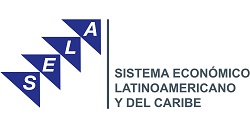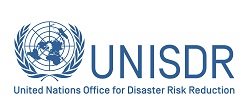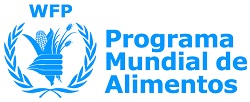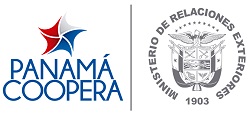BACKGROUND
Natural disasters are increasing in frequency and intensity, and their economic and social impact forces the countries in the region to strengthen their cooperation policies in order to cope with these adverse events. During the last ten years, 3,460 natural disasters have occurred worldwide, causing 675.511 casualties, and the number of displaced and wounded persons amounts to 1.9 billion of people affected.
Official Development Assistance (ODA) flows in humanitarian assistance in the case of disasters are primarily focused on the process of attention to emergencies, thus neglecting prevention and restoration assistance. In 2016, a total of US$ 22,965 million were disbursed for attention to emergencies globally, which accounted for 15.5% of the total cost incurred due to natural disasters in that year (US$ 147,278 million), whereas assistance for prevention, preparedness and reconstruction reached US$ 1,472 and US$ 1,493 million, respectively, which together accounted for 2% of the total cost.
This scenario stresses the need for public policies and international cooperation policies to be directed towards long-term prevention and recovery. In addition, being prepared implies identifying and reducing the risk of disasters, mitigating financial costs and building resilient societies.
In Latin America and the Caribbean, there are institutions dedicated to emergency care, risk management and disaster prevention. Countries in the region have accumulated an experience in policies and programmes for emergency care and risk management. However, it is necessary to give greater impetus to the coordination, articulation and convergence efforts of these institutions in order to maximize the exchange of information and experiences, the definition of concerted action strategies and the strengthening of inter-institutional cooperation, so as to facilitate the design and implementation of really effective programmes for prevention, mitigation, response, recovery and reconstruction.
In this connection, the various specialized multilateral mechanisms and development banks promote an effective framework for disaster risk management, which consists of five (5) pillars, namely: i) risk identification, ii) risk reduction, iii) preparedness and training, iv) financial protection, and v) recovery and resilient reconstruction.
The Latin American and Caribbean Economic System (SELA), as an organization that promotes intra-regional cooperation, in order to accelerate the economic and social development of the region, and provides a permanent system for consultation and coordination among its Member States for the adoption of positions on matters of regional interest, will make the necessary efforts to maximize the efficiency of international cooperation in the field of disaster risk reduction (RRD). To that end, it will optimize the management of resources used to support initiatives aimed at minimizing the impact of natural disasters on national development policies, which will require a growing level of coordination and convergence among the various institutions involved.
This project aims to strengthen and promote cooperation in the field of natural disasters in Latin America and the Caribbean, in order to support joint strategies aimed at consolidating initiatives that improve national and regional programmes for adaptation and mitigation of impacts of natural disasters. This regional meeting is expected to generate the necessary synergies and boost the discussion of such a critical issue for the region. In addition, it will encourage specialized regional and subregional institutions to schedule other related meetings that promote the exchange of experiences, exchange of offers and requests for cooperation, and develop inter-institutional agreements in areas of mutual interest.
The Member States have expressed their interest in addressing the issues of international cooperation and disaster risk reduction, and in the past seven years they have expressly mandated the Permanent Secretariat to include specific activities in the Work Programme of the organization, which has been innovative in dealing with the topic of disaster risk reduction in the region. To that end, it has held an annual meeting on Public-Private Partnerships (PPPs) with the support of the United Nations Office for Disaster Risk Reduction in the Americas (UNISDR) and other regional organizations, thus demonstrating the existing interest and commitment to maintaining the issue of natural disasters on the regional work agenda.










